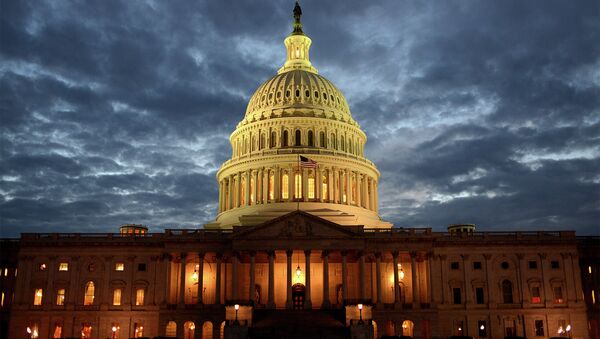“What we’re concerned about is, even if they [Iranians] comply with the nuclear side, if there is terrorism that we want to curtail, deter, or punish, then if we impose those [sanctions]… would that be in violation of the accord?” Flake asked.
He added that members of Congress are “still trying to work through those questions.”
Under the JPOA terms, Congress is not allowed to re-impose the nuclear sanctions or impose new regulations that have the same effect as those sanctions. Lifting the international, nuclear-related sanctions on Iran was a key element of the nuclear deal concluded on July 14, 2015.
In testimony on Thursday to the US Senate Foreign Relations Committee, Secretary of the Treasury John Lew stated that Congress would not be able to “relabel” congressional nuclear-related sanctions by imposing new sanctions related to Iranian support for terrorist groups, human rights violations or other activities.
“We are trying to parse what that means,” Flake said.
Congress has until September 2015 to review the Iranian nuclear agreement and vote on a resolution of approval or disapproval.
President Barack Obama has threatened to veto a congressional resolution that blocks US participation in the internationally-negotiated agreement to prevent Iran from getting a nuclear weapon.





